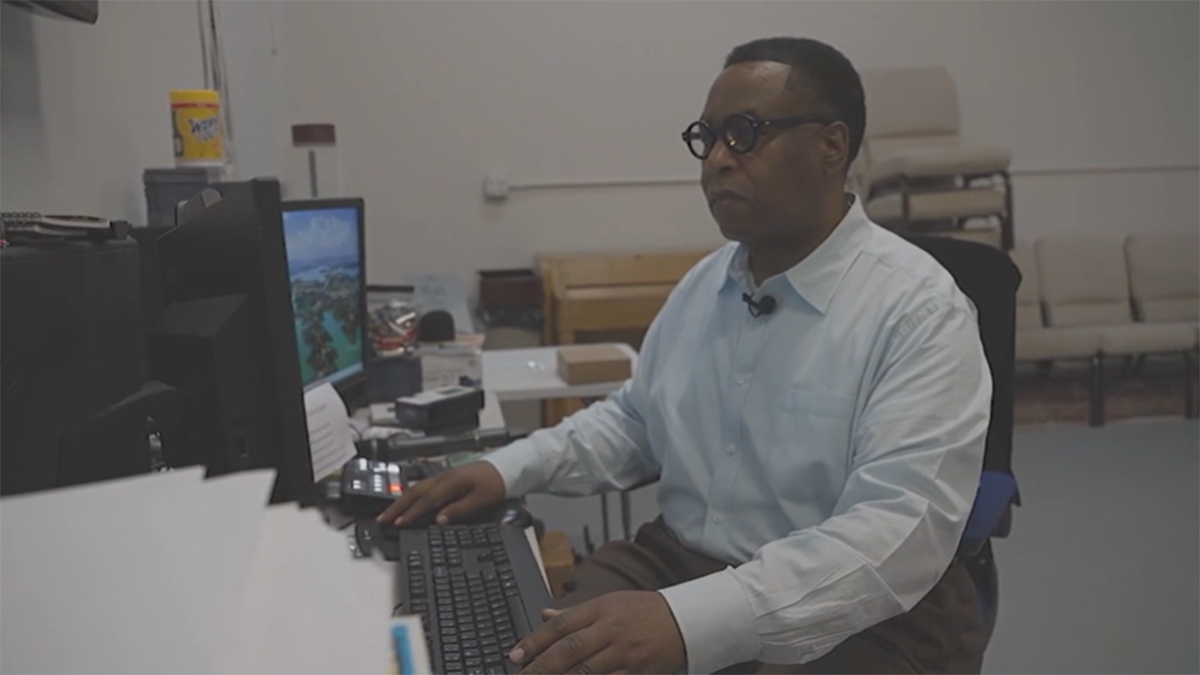Rochelle Arthur lived the last 20 years of her life in South Florida, taking her final breath on Halloween of 2023 at the age of 86.
“I think she might have been tickled that she passed away on Halloween for some reason,” Adam Lapidus said.
Watch NBC6 free wherever you are
Adam says he was her only son. He lives in the Northeast but he said he stepped in to help his mom as much as he could, especially toward the end of her life.
“I had access to her bank account and took care of all her bills,” he said.
Get local news you need to know to start your day with NBC 6's News Headlines newsletter.
But that access suddenly stopped when Rochelle died.
“After a few days of just dealing with everything, I went back into her bank account … and found out it was locked out,” he said. “I couldn’t get any information.”
That’s why he called Wells Fargo.
Responds
Responding to every consumer complaint
“They said they found out she’d passed away,” he said. “And they locked out the account.”
Adam was not a co-owner or a designated beneficiary on the account. Still, he was surprised to learn he would have to hire a lawyer and potentially spend hundreds of dollars in legal fees without knowing for sure how much money was left in the account.
“I thought it’d be like, hey, let us know who you are, send us her death certificate, prove that she’s passed and we’ll send you the money,” he said. “That’s what I thought it would be. I was very wrong.”
In a statement, Wells Fargo said:
“We extend our sincere condolences to our customer’s family for their loss. We understand probate and estate matters can be a complex process to navigate, and we remain committed to supporting and assisting our customer while following applicable laws and regulations.”
“Florida’s small estate affidavit procedure requires a court order to disburse funds in a sole owned account after the owner’s passing,” the company said in an email, adding: “Once we are notified that a customer has passed away, we secure the accounts to prevent unauthorized use. Online banking access also is disabled to prevent unauthorized users from using the decedent’s log-in information.”
“You have to think, the whole system is designed to prevent any fraud,” said Candice Palte, a probate attorney at Dunwoody, White and Landon. “It can’t just be the first person that gets their hands on a death certificate gets the money that’s in the account.”
Palte said she frequently hears from people facing a similar situation.
“And there’s only so much you can do once somebody has passed away to avoid it,” she explained. “The better thing to do is planning during life.”
That includes making sure your accounts have a designated beneficiary. You could also add a loved one to an account as a co-owner. If you do either one, Wells Fargo told NBC6 that would typically allow that person to access the money using only a death certificate.
A will could also help facilitate access, but Palte explained the process would still involve going to court.
“He’d have to have the will admitted to probate,” she said.
Adam believes the account likely had less than $2,000 in it when his mom passed, so he likely won’t spend the money in legal fees to get access to it. That means the money will eventually end up with the state of Florida as unclaimed property.
“Which infuriates me,” he said. “That’s not where it needs to go. It should go to her grandchildren.”
A spokesperson for Florida’s Department of Financial Services told NBC6 accounts are typically turned over to the state after a 5-year dormancy period. The funds will be in the name of the deceased owner, so to claim it someone would need to “provide proof of death and a probate court order designating the legal heir, or a will or trust that establishes them as a beneficiary of the estate of the deceased owner,” they said, adding: “If we have a beneficiary designation on an account, that person (the beneficiary) only needs to prove his or her identity and proof of death of the owner to recover the funds.”
DFS said about one-third of the funds they recover are owned by someone who died. Many of those accounts have a beneficiary designation, but the beneficiary simply doesn’t know the account exists. Other accounts do not have a beneficiary named.
According to DFS, there is a one in five chance you have unclaimed property that is being held by the state. For more information, including how you can search to see if you are eligible for any unclaimed funds, click here: https://www.myfloridacfo.com/division/unclaimedproperty/home



